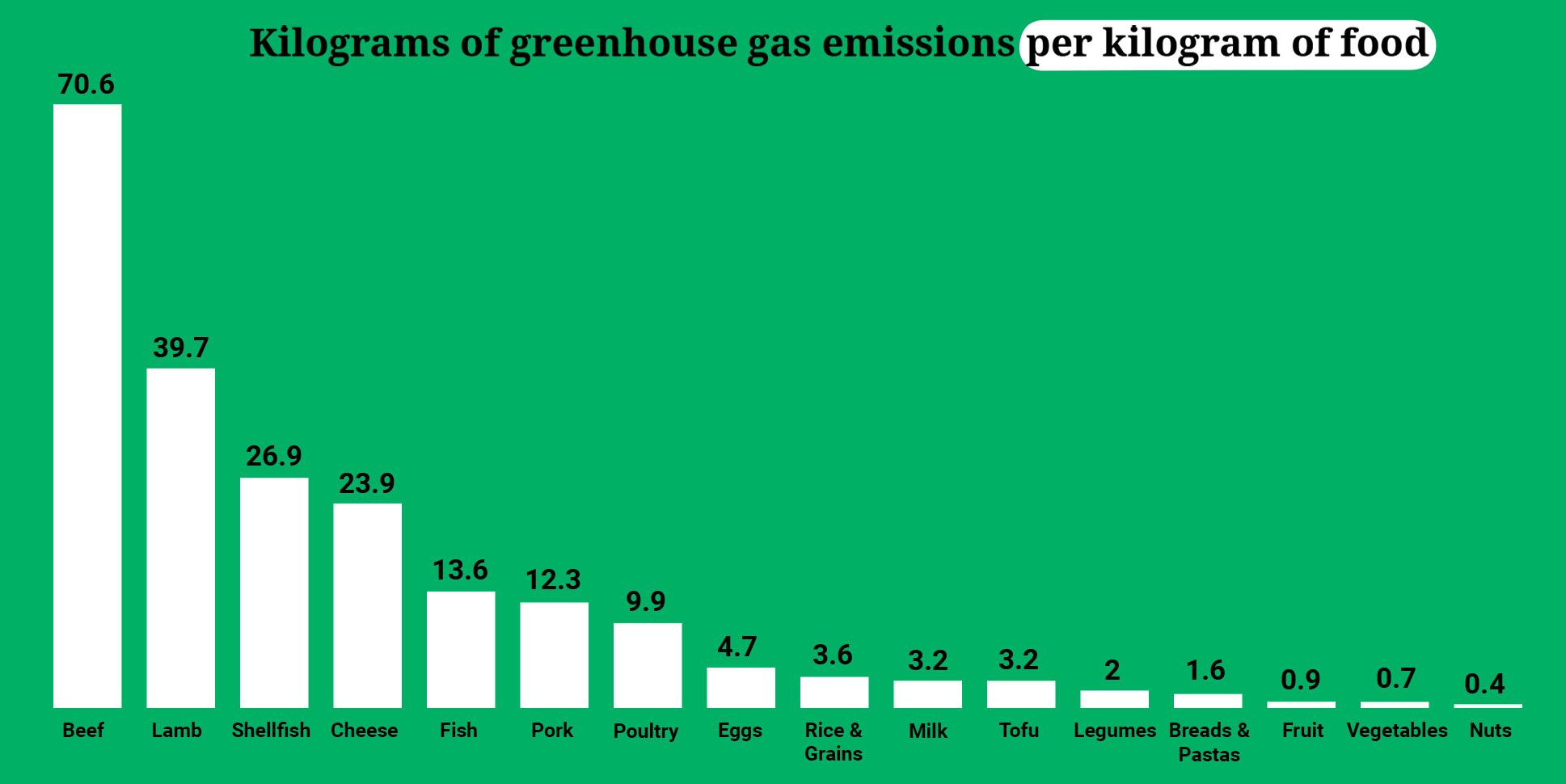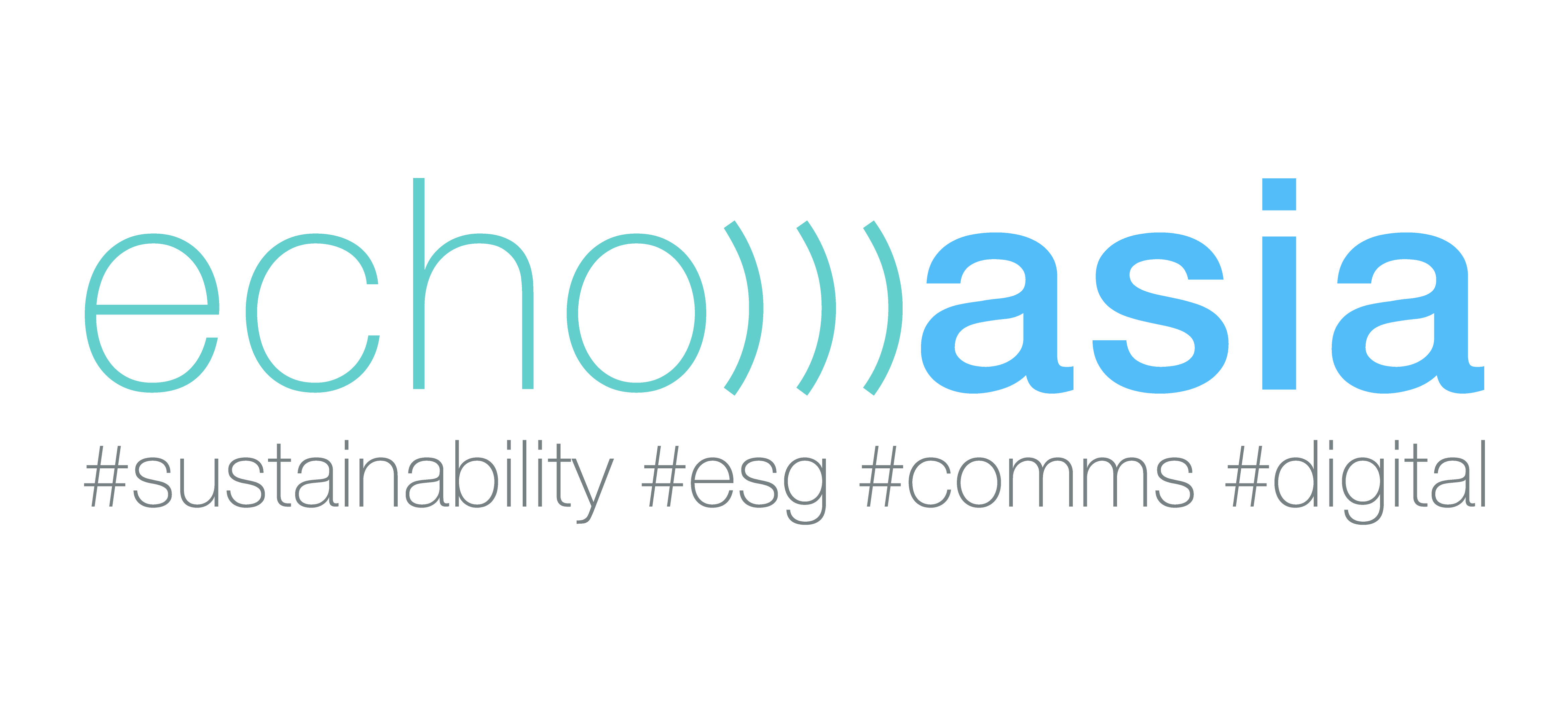Low·CO₂ Food Tasting Tour 2024
Thank You
We are proud to announce that the Low·CO₂ Food Tasting Tour was a great success. We had the incredible opportunity to engage with 4,100+ participants across 8 universities in Hong Kong!
Our Food Tasting Tour featured a diverse selection of delicious low-carbon foods sourced from local vendors and campus caterers, highlighting the significance of making sustainable food choices. 🌱From vegetarian options to locally-grown ingredients to dairy-free gelato, the event showcased the delicious possibilities of low-carbon eating in Hong Kong.
In addition to these tasty offerings, we organized three interactive educational games — Stick with The Green, Move with the Good, and Pledge with the Sustainable — designed to raise awareness about low-carbon eating. Participants gained valuable insights into how to choose low-carbon foods, explored the health benefits of plant-based meals, and discussed the critical issue of food waste, all while discovering practical solutions to make informed and sustainable choices.
Thank you to everyone who joined us for our Low·CO₂ Food Tasting Tour! We hope you enjoyed engaging with our educational games and gained valuable insights, while also sampling some delicious low-carbon foods. Together, we can make a meaningful impact and inspire others to embrace sustainable eating for a healthier planet!








This October, dive into a delicious adventure at the “Low·CO₂ Food Tasting Tour” visiting 8 universities in Hong Kong! Enjoy a variety of low-carbon dishes from local vendors and campus caterers, showcasing flavours from around the world for FREE! Join us to discover how choosing green and local foods is good for your health and the planet through fun games!
Did You Know?
Food systems are responsible for one-third of anthropogenic global greenhouse gas emissions!¹
Choose Smart, Eat Better
Choose Low·CO₂ foods to reduce your environmental impact and be healthy!

Check out when the tour is coming to your university!
| Date | Time | University | Location |
|---|---|---|---|
|
3 October (Thur) |
12:00 pm - 2:30pm |
HKUST |
Academic Concourse Outside LT-J |
|
9 October (Wed) |
12:00 pm - 2:30pm |
HKU |
Haking Wong Podium |
|
17 October (Thurs) |
12:00 pm - 2:30pm |
CUHK |
Cultural Square |
|
21 October (Mon) |
12:00 pm - 2:30pm |
LingU |
Kin Sun Square (Skylight) |
|
23 October (Wed) |
12:00 pm - 2:30pm |
CityUHK |
Wong’s International Terrace |
|
25 October (Fri) |
12:00 pm - 2:30pm |
HKBU |
TriAngle at Li Promenade |
|
29 October (Tue) |
12:00 pm - 2:30pm |
EdUHK |
Central Plaza |
|
31 October (Thur) |
12:00 pm - 2:30pm |
PolyU |
FJ Podium |
3 Simple Steps to go Low·CO₂
1. Eat less meat, more vegetables
Plant-based foods like vegetables, fruits, beans, and nuts generally use less energy, land, and water to produce, and have lower greenhouse gas emissions! In comparison, animal-based foods, especially red meat and dairy, have the highest greenhouse gas emissions due to land use, and methane emitted when cows and sheep digest grass and plants. By incorporating more plants into your diet and eat less meat, you can reduce your environmental impact!
-
Did you know? Meat-heavy diets (≥100 g total meat consumed per day) have 4 times the greenhouse gas emissions compared to vegan diets. Even if you can’t go fully meatless, simply reducing your meat intake can lead to a 30% reduction in environmental impact compared to meat-heavy diets.²
-
We can reduce 43% of our greenhouse gas emissions in Hong Kong if we all kept meat, fish, and egg consumption to 180 g per day (equivalent to a 6-oz steak), as recommended by the Department of Health for a healthy diet!³
-
Eating less meat and more vegetables is good for your health! A plant-rich diet brings health benefits like a stronger immune system, reduced inflammation, and reduced acne.⁴ Additionally, reducing your meat-intake also lowers risks of heart disease!⁵


2. Eat local, eat closer
It’s easy to buy imported foods from far-away places in Hong Kong. However, long-distance travel contributes to a higher carbon footprint, in addition to extra processes to preserve and package the food to last longer. By choosing food from local or closer sources, you can go Low·CO₂, while also getting fresher, and hence more nutritional food!
-
Did you know? An egg from local or regional sources can have 47 times lower carbon emissions compared to one imported from the US.⁶ Choose local and closer to reduce your carbon footprint!
-
Explore farmers’ markets in your neighbourhood for local, in-season produce, or check out Local Fresh, an online platform enabling you to access local ingredients at a click!
-
Try dishes made with local ingredients at restaurants on the Eat Local Restaurant Members List. Enjoy delicious meals while supporting local producers!
3. Reduce food waste
One of the easiest ways we can reduce the environmental impact of our food is by reducing food waste! Nearly 1 billion tonnes of food (17% of all food available to consumers worldwide) are thrown away globally each year. The production, transportation, and decomposition of this wasted food contributes to over 8% of global greenhouse gas emissions.⁷ Clear your plate and help reduce food waste!
-
In Hong Kong, approximately 3,300 tonnes of food waste gets sent to landfill every day—around 30% of all municipal solid waste. That’s equivalent to the weight of 233 double decker buses!⁸
-
What you can do:
-
Ask for ‘less rice’
-
Buy only what you eat
-
Bring Your Own container to take leftovers home
-
Donate excess food to charity
You can donate in-date foods to charities like Food Angel or Feeding Hong Kong at their collection points across the city! -
Be okay with imperfect-looking fruits and vegetables
-
Event Participating Vendors:
In alphabetical order
Sponsors:
In alphabetical order
Event Partner:
References:
¹ Crippa, M., Solazzo, E., Guizzardi, D., Monforti-Ferrario, F., Tubiello, F.N. & Leip, A. 2021. Food systems are responsible for a third of global anthropogenic GHG emissions. Nature Food, 1–12. https://doi.org/10.1038/s43016-021-00225-9
² Scarborough, P., Clark, M., Cobiac, L. et al. 2023. Vegans, vegetarians, fish-eaters and meat-eaters in the UK show discrepant environmental impacts. Nature Food 4, 565–574. https://doi.org/10.1038/s43016-023-00795-w
³ Y Y Yau, et al. 2018. Impact of cutting meat intake on hidden greenhouse gas emissions in an import-reliant city. Environmental Research Letters, v. 13 n. 6, p. 064005:1-064005:11. http://dx.doi.org/10.1088/1748-9326/aabd45
⁴ Alexander, Heather, The University of Texas MD Anderson Cancer Center. (2024). 5 benefits of a plant-based diet.
⁵ National Institutes of Health. (2012). Risk in Red Meat?.
⁶ KIN Food. 2024. Kin Eggs, https://www.instagram.com/p/C8okJWNKbzW/?locale=de
⁷ United Nations. Food and Climate Change: Healthy diets for a healthier planet.
⁸ Environmental Protection Department. 2024. Food Waste Challenge.






